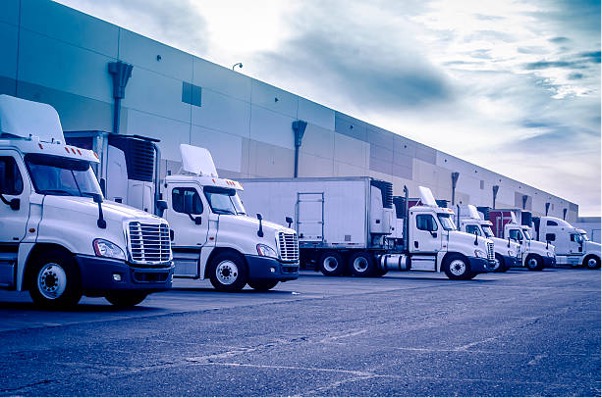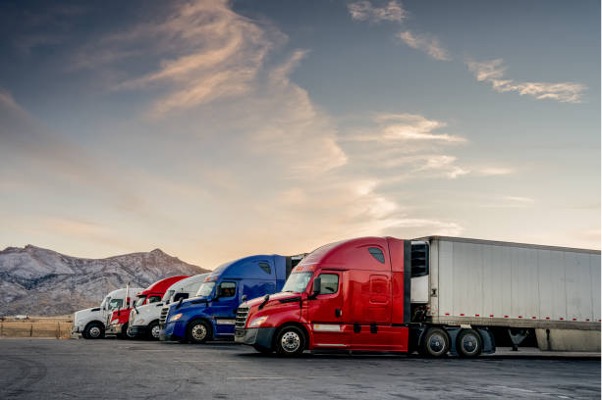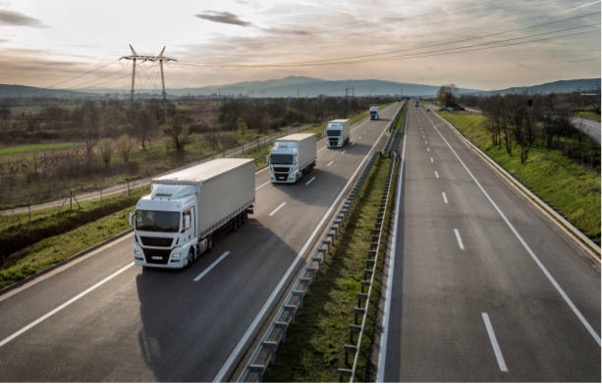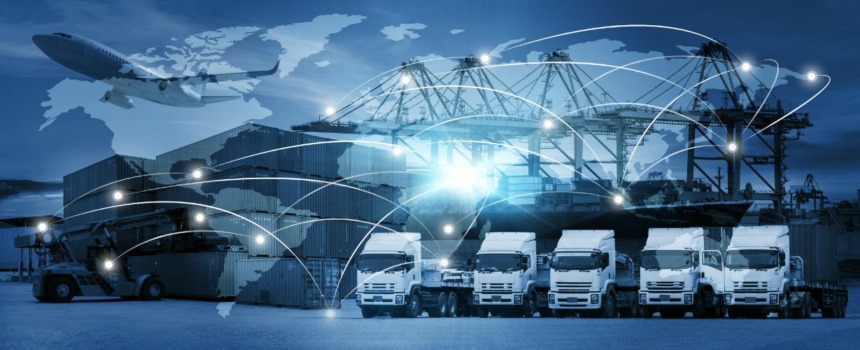It is believed that the trucking business is the foundation of commerce because it ensures continuous movement of things along supply chains, shipping commodities to various places and enabling trade. No matter whether goods are for consumer or raw material purposes, these lorries provide the necessary performance and dependability.
Stealthily meandering through diverse landscapes, trucks carry supplies from suppliers to manufacturers and retailers everywhere. This article explores how the trucking industry plays a significant role in enhancing economic activity, developing stronger supply chain links, and ensuring timely delivery.
In addition to their utility in the transportation of people, trucks also contribute significantly to the world economy’s finances and employment. The integration of protocols for trade from different countries serves to promote global commerce.
Looking into these details will help you understand the complex mechanisms that support corporate operations driven by the incremental expansion of this sector, where tools like a truck load board further streamline logistics and freight matching.

1. Economic Impact
The trucking industry is an economic backbone distinct from its primary logistic function. On a worldwide basis, it produces trillions in revenue dollars and provides the building block for economies and development.
This industry, which distinguishes between long-distance and local delivery, powers retail, manufacturing, construction, and agriculture industries.
Moreover, the daily trucking industry news significantly affects one to stay ahead of all the latest trends which in turn also affects the country’s economy.
2. Supply Chain Connectivity
The reason it is called the backbone of international commerce is that the trucking industry connects suppliers, producers, distribution centers, and retailers over vast distances. Trucks facilitate the movement of goods from raw materials to factories and manufacturers to shops.
These processes are vital for the smooth flow of commodities from the point they are made up to when they reach consumers. Also, different types of consignments transported by trucks help create a smoothly operating international trading system.

3. Time-sensitive Deliveries
The fast-paced world we live in today has made the trucking business an epitome of reliability when it comes to punctuality. Trucks are essential in ensuring that perishable goods such as food remain fresh through timely delivery.
The ability of trucks to cover long distances quickly eliminates any delays in deliveries. This ensures smooth operations throughout various areas and enables the maintenance of supply chain continuity.
4. Flexibility and Accessibility
The adaptability and ease of access that trucks possess surpass other modes of transportation in their ability to go through various terrains quickly. This is important since it allows them to visit places where any other mode of transport cannot.
Inaccurate door-to-door delivery and operations in atypical sites are the reasons why this exclusivity makes trucks so valuable for specific sectors. Urban centers with high population densities or remote rural areas can be served by a truck regardless of the terrain or distance involved.

5. Global Trade Facilitation
The trucking industry is the bloodline of international business, the link that binds ports, border crossings, and logistics centers worldwide.
As the means of transportation responsible for moving the bulk of world trade, trucks are an integral part of international trade facilitation. These are also used for freight transport and cross-border commerce exchange.
Their timely and hassle-free transport facilities uphold economic affairs across countries. This allows dependent goods to ferry across borders, making the global economy more interconnected.
6. Advancement of the Framework
Improving shipping continues to be a key driver of foundation construction, which is ultimately driven by the need for modern, skillful courses. In order to assist and improve shipping duties and increase the overall efficiency of coordinated operations, interests in roadways, parkways, bridges, and associated frameworks are crucial.
The need for a modern framework becomes increasingly clear as a result of the business’s steady growth and external expansion. Updating the transportation infrastructure ensures that vehicles can operate freely, meet growing demand, and maintain trade and financial flow.

7. Environmental Considerations
Along with its irreplaceable role in commerce, the trucking business faces huge problems that cease to be environmentally friendly through emissions and sustainability. In order to counterbalance its environmental damage, the industry has resorted to implementing several strategies, including technology innovations and regulatory policies.
Attempts to improve energy efficiency and reduce greenhouse gas emissions are on the rise, leading to more widespread utilization of electric vehicles. Investments in such projects can reinvent the industry’s environmental impact and show its dedication to sustainability and ecological governance.
8. Technological Advancements
The trucking industry is aware of the extreme importance of incorporating technological improvements in order to boost efficiency, safety, and sustainability. The advent of GPS tracking, telematics, and autonomous vehicles is transforming the field of transportation logistics by improving route planning and operational efficiency.
Another factor is the implementation of electric trucks and other environmentally friendly devices whose pollution level is zero, and sustainability is enhanced. The enterprise appreciates technological advancements and shows that it is resilient and meets the changing demands while minimizing its environmental impact.
Conclusion
The trucking industry emerges as the under appreciated but genuinely magnificent one in the group of global trade. Serving as the backbone, it intricately links suppliers, manufacturers, and merchants globally to ensure the steady advancement of goods.
Beyond its planned influence, the company has a lasting impact on economies by creating jobs and providing a living for millions.
The resiliency of the shipping industry is shown in its ability to support its complex components as we examine its vital jobs. This sums up and propels the always-evolving business landscape.











Comments